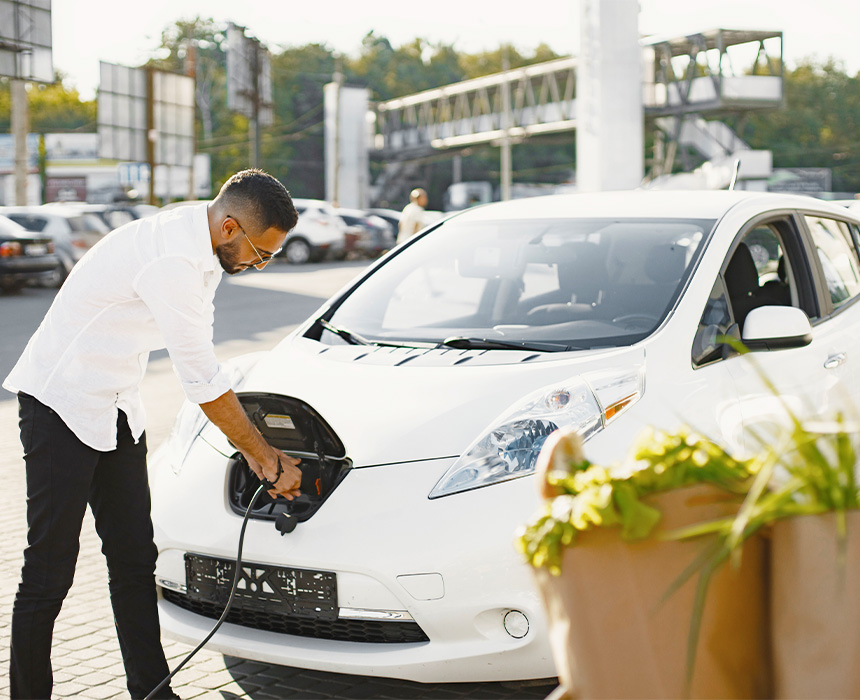Next-Generation Software, Battery, and Charging Technologies in Electric Vehicles!
With the rapid global adoption of electric vehicles (EVs), technology is undergoing one of the fastest evolutions in automotive history. Battery technologies, software integrations, ultra-fast charging systems, and AI-powered solutions are redefining the future of mobility. These advancements not only enhance vehicle performance but also reshape energy systems, urban infrastructure, and user behaviors.
A Revolution in Battery Technologies
The heart of every EV is its battery. Traditional lithium-ion batteries have improved in recent years in terms of cost, capacity, and safety. However, the future belongs to solid-state batteries. Offering higher energy density, faster charging times, and extended lifespans, these innovations are set to eliminate range anxiety and enable mass adoption of EVs.
In parallel, advances in battery recycling technologies will be central to sustainability. Second-life applications, where used batteries serve as stationary energy storage solutions, will provide both economic and environmental benefits.
Software and the Digital Ecosystem
What sets EVs apart from traditional cars is their software-driven management. From onboard systems to charging networks, and from user experience to energy optimization, every process is supported by software solutions.
AI-powered platforms analyze driver habits to recommend the most efficient charging points, optimize routes, and continuously monitor battery health. Cloud-based updates transform vehicles into evolving components of a digital ecosystem.
Ultra-Fast Charging Systems
One of the biggest challenges to EV adoption is charging duration. Current fast-charging technologies can deliver an 80% charge in around 30 minutes. But the future lies in ultra-fast charging systems capable of fully charging in just 5–10 minutes.
For these systems to become widespread, grid infrastructures must be reinforced, high-capacity transformers deployed, and smart energy management solutions integrated.
IoT and Connected Vehicles
EVs stand at the center of the smart city vision. Through the Internet of Things (IoT), vehicles communicate with each other, charging stations, traffic lights, and urban infrastructure.
This connectivity reduces traffic congestion, optimizes energy use, and provides safer, more convenient mobility experiences for drivers.
Artificial Intelligence and Predictive Analytics
AI is transforming not just user experience but also production and distribution processes. Predictive analytics enables manufacturers to anticipate demand more accurately, detect failures in advance, and reduce maintenance costs.
This creates significant efficiencies across both user-facing services and the EV supply chain.
Standards and Regulations
To ensure safe and sustainable scaling of EV technologies, international standards are essential. In Türkiye, EPDK and TSE oversee regulations; in Europe, UNECE provides frameworks; in the United States, DOE, FERC, and NIST guide the industry; in Central Asia, O’zbekenergo and O’zDSt play a similar role; while in Russia, Минэнерго and ГОСТ ensure compliance.
Looking Ahead
In the coming years, EV technologies will be further strengthened by the commercialization of solid-state batteries, expansion of ultra-fast charging networks, AI-driven mobility solutions, and globally integrated software ecosystems.
Conclusion
Technological advancements in EVs are transforming not only the automotive industry but also energy markets, urban infrastructure, and user lifestyles. This 6000+ character analysis demonstrates that progress in batteries, software, and charging systems forms the backbone of sustainable mobility.




